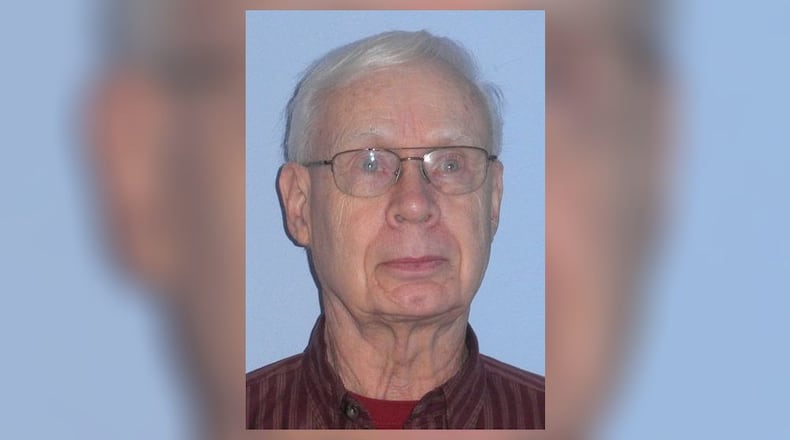And Dad was right. Printing didn’t die, of course, but it has changed so much that it can hardly be called the same thing. It’s true of many professions — they’ve either died out or altered so as to be unrecognizable.
Many such trades, noble and proud and respected, have faded into history to be remembered only in sketches such as this.
Long ago we lost the town crier, the lamplighter, the fishmonger, the chapman. Then the blacksmith, the innkeeper, the candlemaker, the cobbler — though many of these have been kept alive as colorful characters in literature or movies.
As these skilled trades and tradesmen go to that well-equipped and happy workshop in the sky, they’re replaced by new skilled workers in new positions meeting the needs of continually advancing or progressing societies. Today we have skilled HVAC, plumbing and electrical technicians; whole spectra of IT (Information Technology) technicians; legal and financial advisors; therapists and beauticians in multiple specialties, etc.
This is the natural order of things; it’s been going on since the dawn of civilization. The skills were first passed on in families with surnames like Baker, Miller, Chapman, Shoemaker, Taylor, Carter, Gardener, etc.
Then trade guilds and apprenticeships and qualification requirements came into being, resulting in trust, standardization and respectability. Now we have educational and licensing requirements. It’s not easy. We should appreciate these skilled trades, and understand the value of such skill, knowledge and experience. According to a report by Angi, once skilled laborers are fully capable, 90% end up satisfied and proud of their profession, finding meaning and value in their work and relish a job well done.
Like their predecessors, these are career people. And each generation of them will pave the way for their replacements.
To illustrate, there are professions the Bureau of Labor Statistics projects in declining demand, and it’s easy to see how technology is affecting them just as it long ago affected the blacksmith and the lamplighter: Word & data processor/typist/stenographer, legal secretary, switchboard operator – and skilled metal and plastic item production operations (think 3D printing). On the other hand, some rising, broad career fields noted by Indeed and echoed by the BLS are health & medicine, education, architecture & planning, and IT.
And grandsons and granddaughters can proudly say ”Granddad was an expert pipefitter,” or “he was a skilled pattern-maker,” or “Mom was a talented stenographer,” and yes, “Dad was a printer; a job-shop printer … the best!”
I love our fab vintage printshop at Carillon Park. Just walking in takes me back to Dad’s shop … and Dad. Maybe they’ll let me hand-feed a Kluge or try to hang the elevator at the linotype. More likely I’d be put to work as a printer’s devil, sorting out the pied type in the hellbox.
David Shumway is a retired WPAFB engineer now enjoying writing and travel with his wife.
